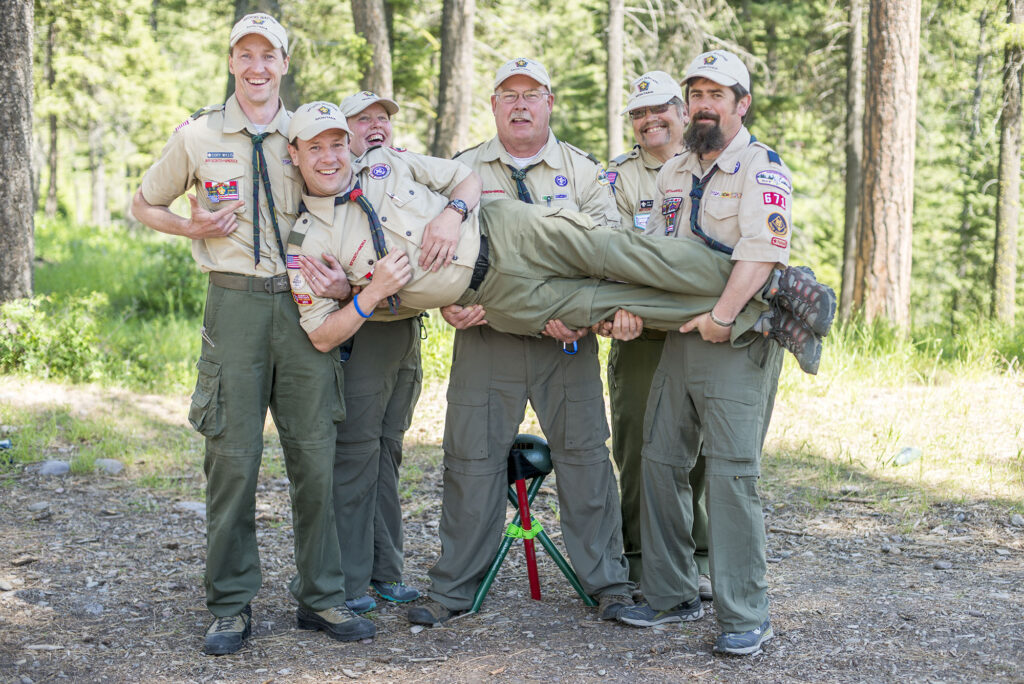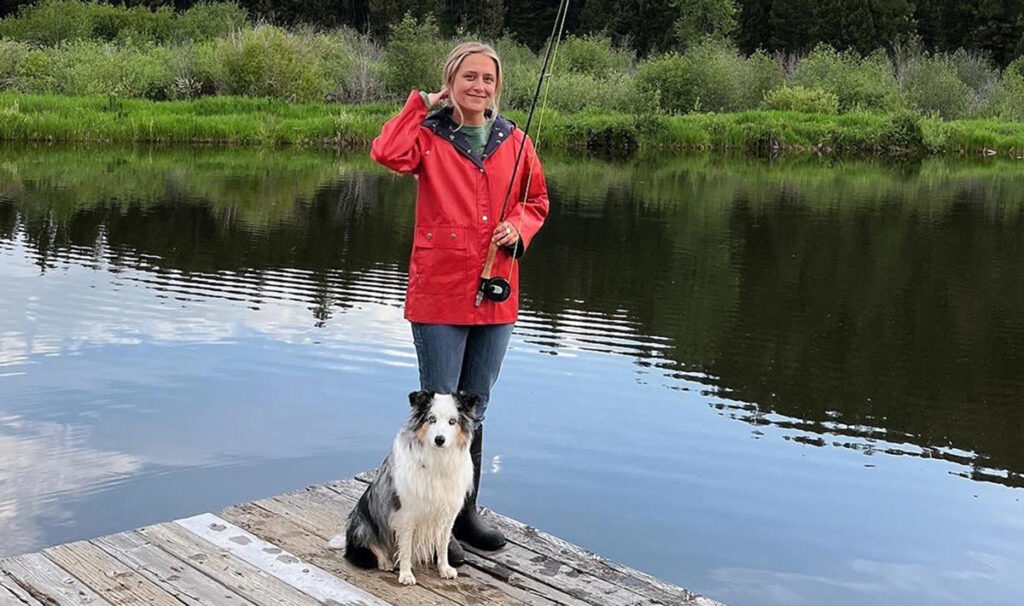Summer camp is an exciting opportunity for kids to occupy dull summer days with engaging activities and sunny outside play. Usually set in beautiful parks and recreational areas, kids and counselors alike gather to learn and socialize in a community far less structured than the one they find at school, work or home. We’re sure if you ask any camp alumni, they can attest to the positive impact that special time as children and young adults had on their lives.
The effect may be even greater than they think. Peter Scales, Ph.D., a senior fellow with the Search Institute in Minneapolis described camp as “one of the few institutions where young people can experience and satisfy their need for physical activity, creative expression and true participation in a community environment.”
“Most schools don’t satisfy all these needs,” he concluded.
In addition, summer camp brings considerable advantages, like:
A unique community environment
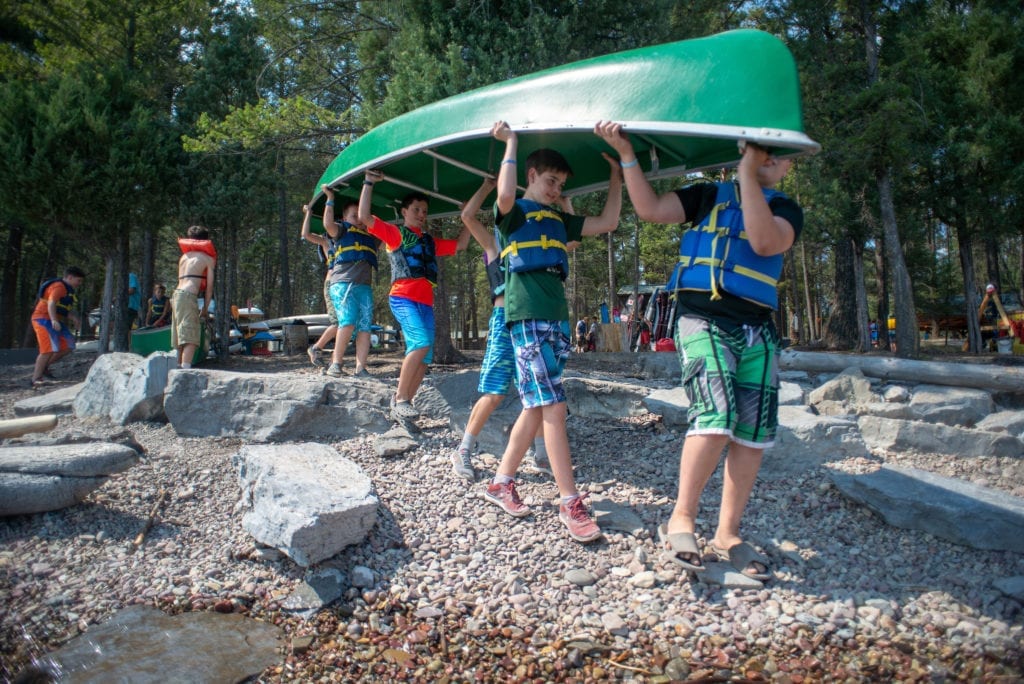
A single summer camp can attract a wide variety of kids from the area, acting as an opportunity for children to bond with peers outside those in their class at school. Working with others from all walks of life humanizes individuals who kids wouldn’t have otherwise understood, and encourages empathy and sensitivity toward others.
Not only that, but many camps are structured so campers must compete against each other in teams, allowing kids to develop skills in both leadership and teamwork — in this competition, everybody wins!
Builds self-esteem and valuable social skills
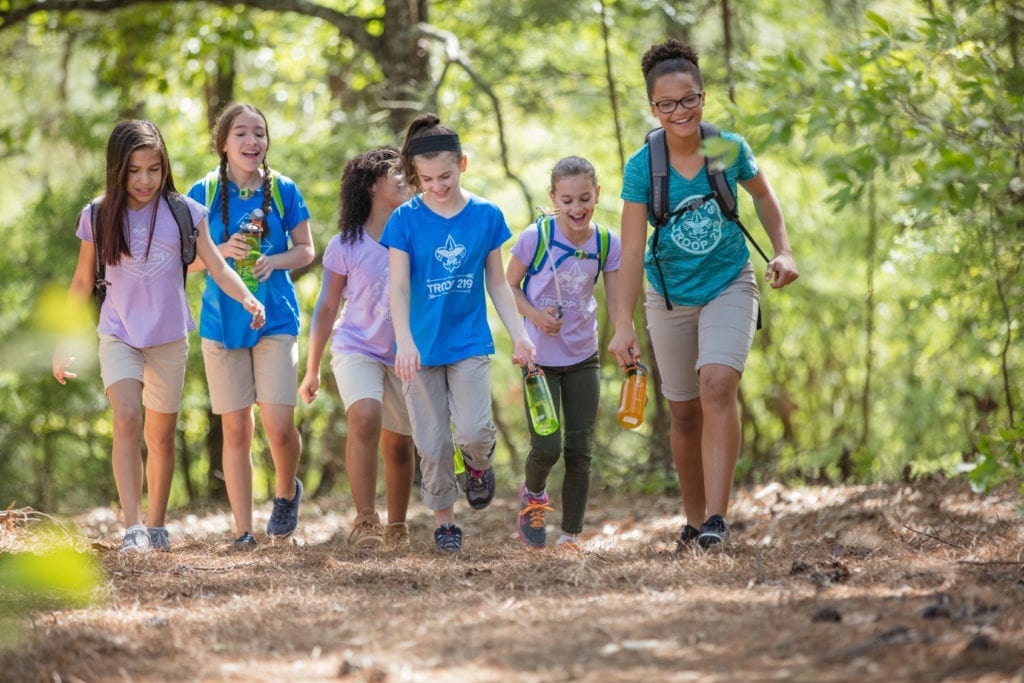
According to the American Camp Association (ACA), 96% of campers said camp helped them make new friends. Almost as many (92%) also said “the people at camp helped me feel good about myself.” Summer camp fosters a supportive environment in which kids are encouraged to try new things and embrace their individual interests in a community of other interested peers, increasing self-esteem and positive self-image. The relatively short duration of camps encourages kids to take risks in a safe environment, and the team aspect commonly incorporated into camps is also valuable in building self-confidence among peers.
Prevents summer learning loss
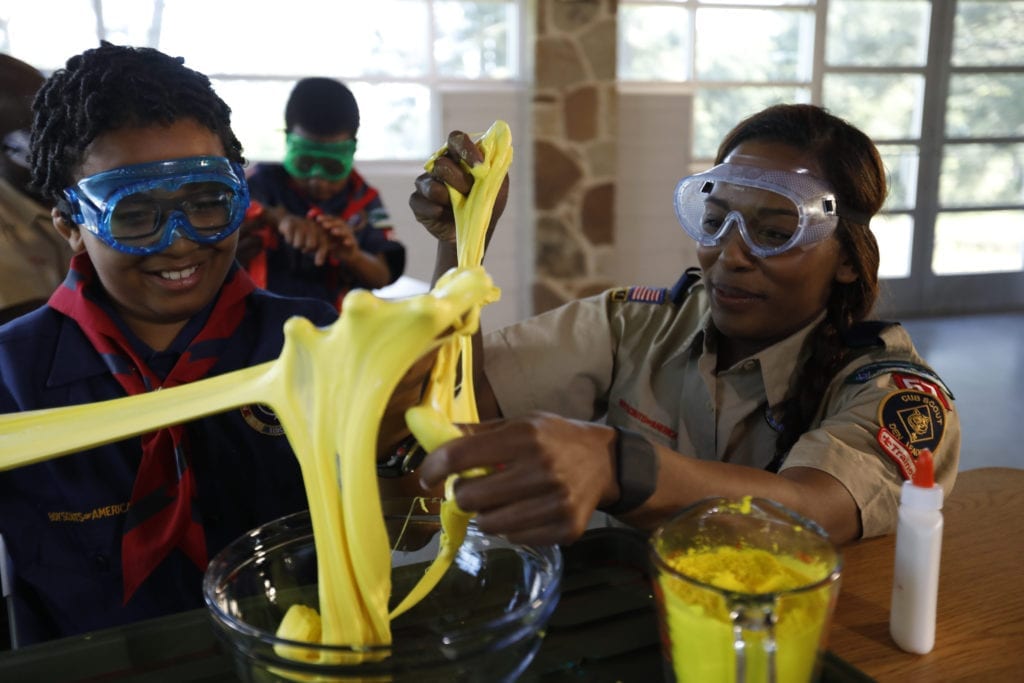
Over the slow three months of summer, it’s easy for kids to succumb to summer learning loss — but many camps incorporate common academic curricula like math, science and reading into everyday activities. The skills are often applied in different ways and settings that not only engage kids, but also supplement the things they’ve learned throughout the year in school.
An opportunity to try new things … and stick with them.
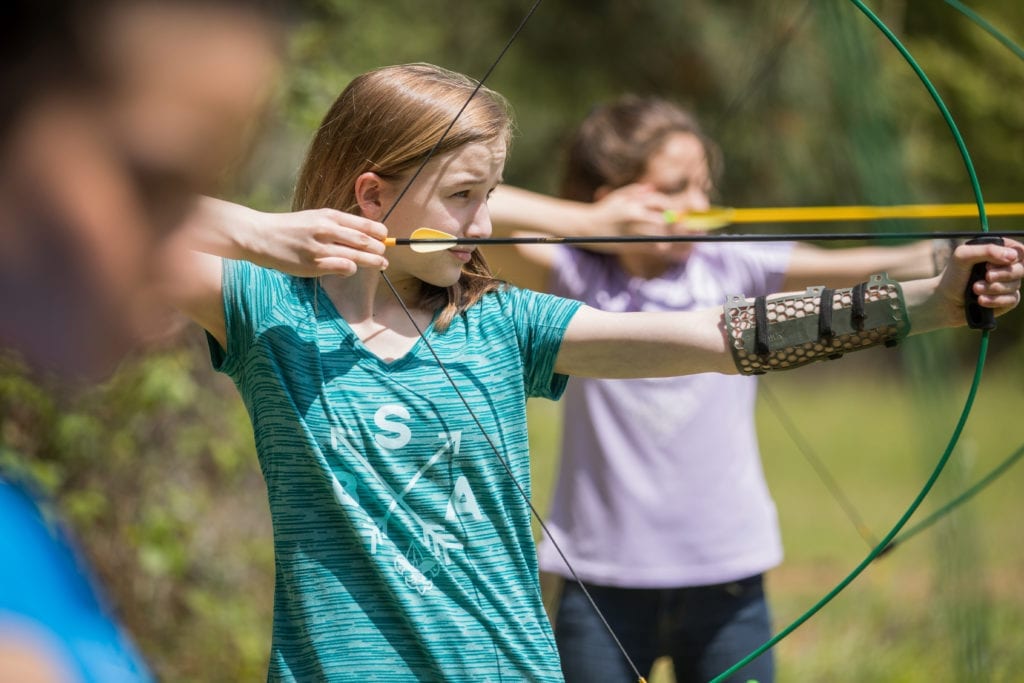
Summer camps also stand out in their ability to nurture unique interests — without the regimented structure and requirements of school, children are able to explore interests that are perhaps not offered within their regular academic curriculum. In fact, there are many specialty camps dedicated to specific skills or activities that don’t often fit into a school setting, like robotics or archery.
Additionally, 63% of parents said that their campers continued participating in the activities they learned at camp throughout the year.
Promotes independence
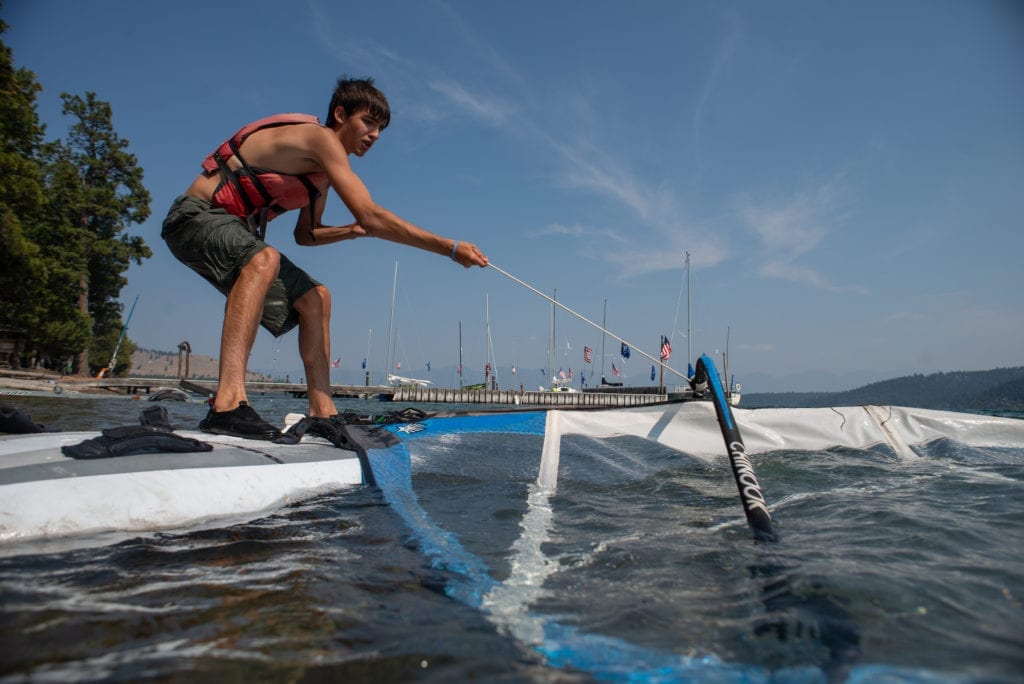
Camps are rooted in unstructured free play, which encourages creativity and independence. But they’re also a unique opportunity for kids to spend time away from their parents in a safe and supportive setting — as uncomfortable as it may feel to both child and parent at first, time apart from Mom and Dad can truly benefit a child in independence and resourcefulness.
Limits screen time and encourages time spent outdoors
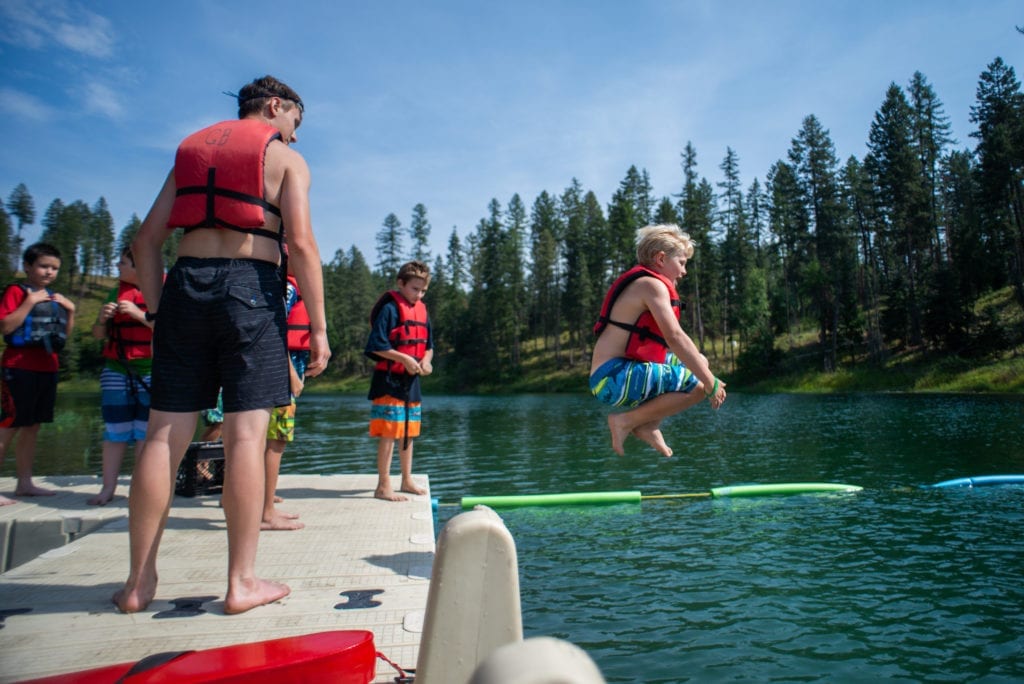
In an effort to get the most out of the beautiful summer weather, the majority of summer camps take place outside in parks, recreational areas or campsites. Additionally, ACA reports that 99% of accredited camps are cell-phone free, encouraging kids to “unplug” and dig deeper into other interests. More and more professionals are advocating time spent in nature and away from a screen, which combats nature deficit disorder and promotes a lasting connection with the natural world.
It’s a ton of fun
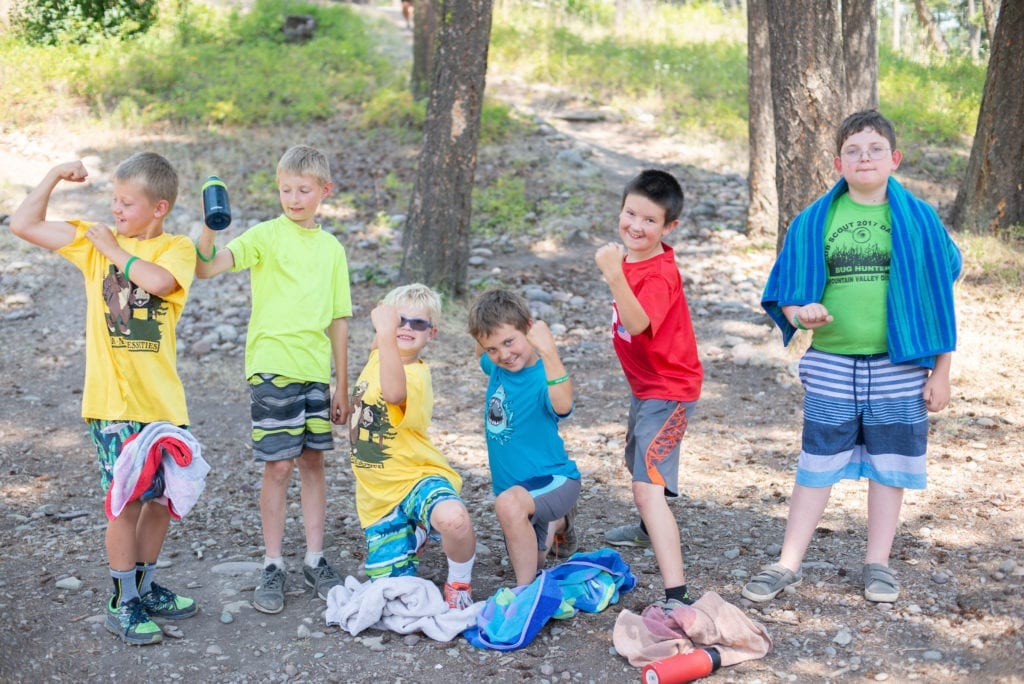
The final, and perhaps most important reason, to send your child to summer camp is that camps are a lot of fun! Be prepared for your kid to come back with lots of stories, new-found talents and friends, and an exciting enthusiasm for what they’re doing.
Boy Scouts of America Camps
If your son or daughter is interested in summer camp, Boy Scouts of America offers a variety of camps that encourage kids ages 6-18 to explore outside, learn new skills and create fun memories together in troops. Camps are available in all seasons. It’s easy and affordable to register a Scout, and summer camp is the perfect reason to try out a troop if you’re child isn’t already signed up.
Whether it’s boating and crafts at Grizzly Base Webelos Camp or it’s backpacking through remote, wilderness terrain for Montana High Adventure Base, Scout BSA, Montana Council summer camps are often what Montana Scouts look forward to most throughout the year — the kids have so much fun, they probably don’t even realize camps are also preparing them for life.
Sign up in the form below to get started with Scouts!


